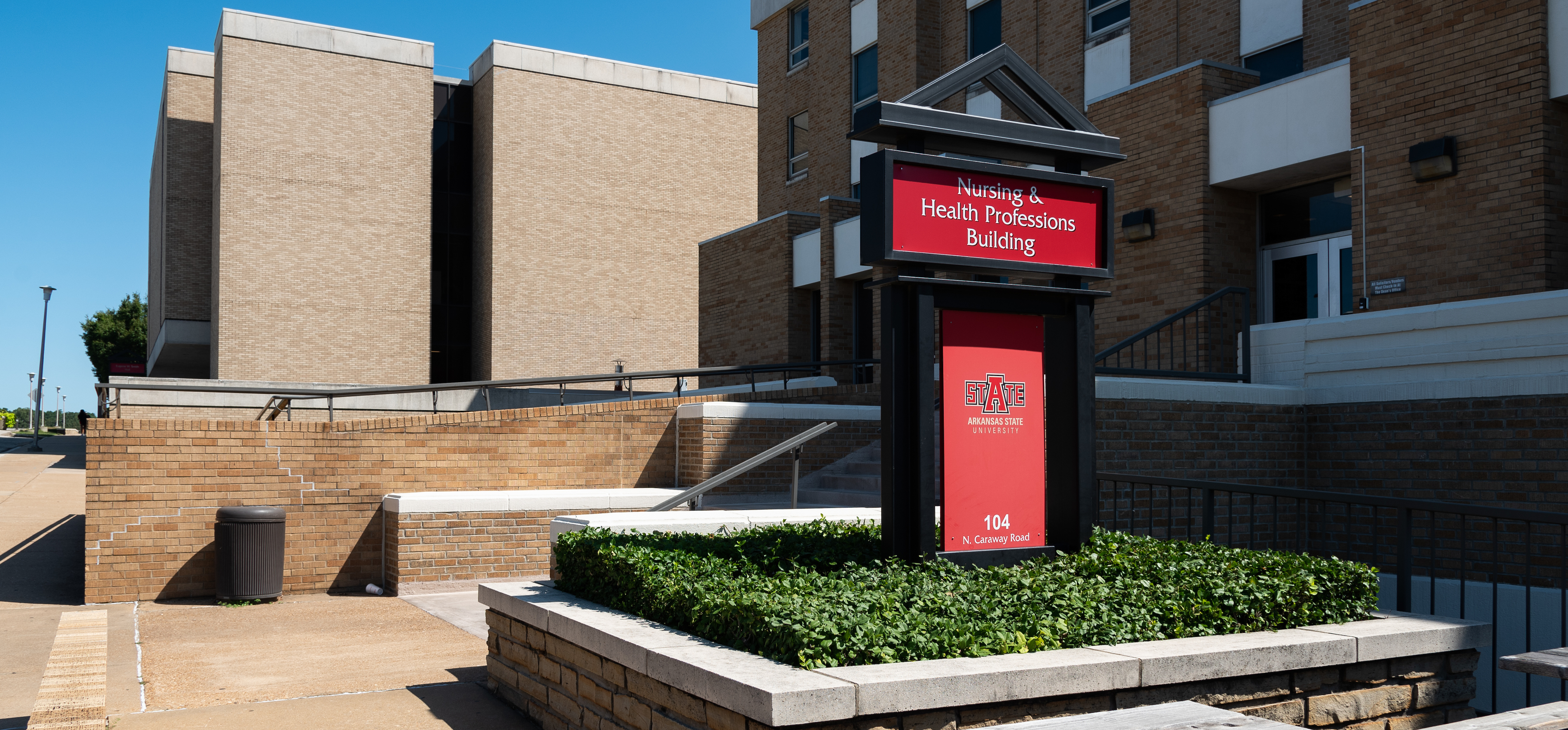Degree Name
Nursing Practice, DNP
Publication Date
8-5-2024
Upload Date
2024
First Advisor
Linda Latting
Abstract
Faculty new to the simulation environment lack the knowledge, skills, and confidence to deliver proper debriefing methods. The Doctor of Nursing Practice (DNP) project’s problem is the need for a standardized, evidence-based debriefing process in the undergraduate RN program at the College of Nursing in Oklahoma. The study aims to follow the International Nursing Association for Clinical Simulation and Learning (INACSL) best practices to implement a debriefing simulation for novice faculty to improve faculty self-efficacy with the debriefing process (Decker et al., 2021). The DNP student evaluated faculty using pre-and post-tests containing questions from the Debriefing Assessment for Simulation in Healthcare (DASH©) Likert-type scale, allowing faculty to rate their self-efficacy (Simon et al., 2012). A paired samples t-test provided the mean statistical difference between the pre-and post-debriefing. The overall pre-and post-test results indicated no statistical significance (p =.366); however, the overall mean faculty self-efficacy average increased by 0.48 from a pre-debriefing orientation rating of 5.64 to a postdebriefing orientation of 6.12, indicating expected results that the faculty self-reported an overall increase in self-efficacy (Intellectus Statistics, 2024). The results of the DNP project using evidence-based practice expand faculty knowledge with the debriefing process and increase faculty self-efficacy overall. Understanding the impact the debriefing orientation has on faculty self-efficacy allows educators to improve their performance, promote student understanding, and increase student competence in clinical performance.
Rights Management

This work is licensed under a Creative Commons Attribution-NonCommercial 4.0 International License
Recommended Citation
Carter, Cindy M., "Debriefing Orientation for Novice Simulation Faculty" (2024). Doctor of Nursing Practice Projects. 81.
https://arch.astate.edu/dnp-projects/81


